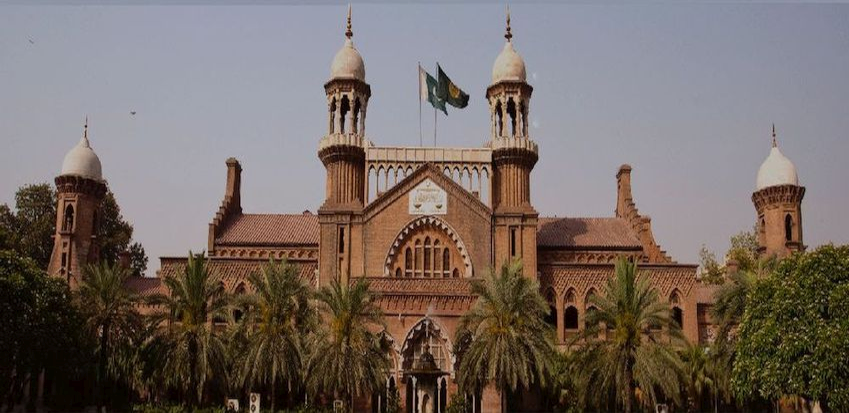Fraud Vitiate the most solemn proceedings, leaving no room for Legal Protection of fraudulent gains; Even “Past and Closed Transactions” can be reopened if fraud is discovered --- Lahore High Court, Lahore
Islamabad 13-09-2024: In a significant ruling, the Lahore High Court, Rawalpindi Bench, has dismissed a revision petition filed by Raja Abdul Ghafoor, upholding the cancellation of his land ownership claim based on fraudulent allotment. The Court reaffirmed the long-standing legal principle that fraud vitiates all transactions, rendering subsequent dealings null and void.
The petitioner, Raja Abdul Ghafoor, had filed a civil revision petition challenging the decisions of the Civil Court and Additional District Court of Rawalpindi, which had previously dismissed his suit for declaration and permanent injunction concerning a disputed piece of land. The land in question, measuring 4-Kanal 11-Marla in Tehsil Kahuta, Rawalpindi, was originally purchased by the petitioner through a registered sale deed in 1975.
However, the ownership of the land came into question when the Provincial Government canceled the mutation associated with the property, asserting that the original allotment was based on fraudulent claims made by Faiz Muhammad, the first alleged allottee of the land. The petitioner’s claim that his purchase was lawful and could not be reopened after the repeal of the Displaced Persons (Land Settlement) Act, 1958, was dismissed by the lower Courts, leading to this revision petition.
Mr. Justice Muhammad Sajid Mehmood Sethi of the Lahore High Court dismissed the petition, upholding the decisions of the lower Courts. The Court found that the initial allotment to Faiz Muhammad had been fraudulent, and as such, all subsequent transactions, including the petitioner’s purchase of the land, were void.
The Court emphasized the long-standing legal principle that fraud nullifies any subsequent legal protections or rights derived from such fraudulent transactions. “Fraud vitiates even the most solemn proceedings,” stated Mr. Justice Muhammad Sajid Mehmood Sethi, citing precedents from the Supreme Court of Pakistan, including Nawab Syed Raunaq Ali Vs. Chief Settlement Commissioner (PLD 1973 Supreme Court 236).
The Court also reaffirmed the inherent powers of the authorities, including the Chief Settlement Commissioner, to investigate and cancel fraudulent transactions, even after the repeal of the Displaced Persons (Land Settlement) Act, 1958. Citing Messrs Beach Luxury Hotels Vs. Anas Muneer Ltd. (2016 SCMR 222), the judgment held that the authorities are well within their rights to reopen past transactions if fraud is discovered.
The Court made several important observations regarding the application of the law in cases involving fraudulent allotments.
The Court emphasized that any legal or equitable rights acquired through fraudulent means are invalid. Even transactions that are otherwise deemed “past and closed” can be reopened if fraud is discovered.
Authorities and tribunals, including those with limited jurisdiction, have the power to review and cancel decisions obtained through fraud.
The Court held that even after the repeal of certain laws, such as the Displaced Persons (Land Settlement) Act, 1958, fraudulent allotments remain subject to investigation and cancellation.
This judgment serves as a reaffirmation of the judiciary’s strict stance on fraud in property transactions. The dismissal of Raja Abdul Ghafoor’s petition underscores the Court’s commitment to ensuring that no party can benefit from fraudulently obtained rights. By ruling in favor of the Provincial Government and affirming the cancellation of the mutation, the Lahore High Court has reinforced the legal doctrine that fraud undermines even the most solemn proceedings, leaving no room for legal protection or validation of fraudulent gains.
This case is expected to have significant implications for other land disputes involving claims derived from fraudulent allotments in Pakistan.
Powered by Froala Editor








